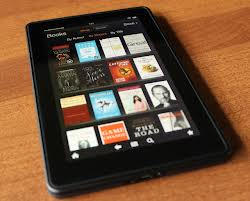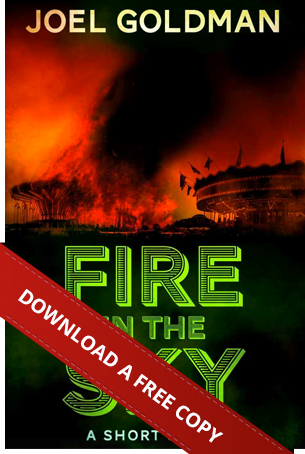
Indie publishing stands trial for the crime of staggering e-book sales and shameless market share grabbing.
So you’ve submitted your crime novel to every publishing house imaginable and sent individual chapters to various mystery magazines. The response to your work has been lackluster at best. Countless authors share this same frustrating experience, regardless of their preferred genre.
The experience has left you wondering whether it’s time for you to go indie but you’re a writer, not a techie.
Besides, can you really make a living as a self-published author?
Indie Publishing on Trial
Are indie books, whether in e-book or print format, simply the vanity products of wannabe writers who can’t find publishers the old-fashioned way? And, if most readers don’t require holding a leather bound tome with gold-edged pages anymore, don’t they still prefer cradling a book while they turn the pages? Can you really sell hundreds of thousands of books without the backing of a major publishing house?
Confessions of an Indie Author
I’m here to tell you that you certainly can enjoy success through self-publishing. A few years ago, ambitious writers sparked the indie publishing revolution, a war fought with words on an electronic page and brilliant marketing rather than bullets. So did indie writers win the war? Yes and as they say – to the victors belong the spoils.
So, if you want to get your work in front of eyes of crime fiction fans, self-publishing may get you there. Make no mistake, I’m not here to tell you it’s a walk in the park or that indie publishing works for everyone. One thing I know for sure, though, is that to succeed you must know what you don’t know and if you need to know it, learn it from people who do.
That’s what I did. I’m not saying everyone should do it. Simply that it works for me, and it works incredibly well. And, to answer the question above about selling hundreds of thousands of books without a major publishing house – check out a post I wrote in August of last year when I hit the 100,000 milestone in crime book sales. Even more exciting, by the end of this May, I will have sold over 200,000 books, since I began self-publishing in June 2011.
Just the Facts – Numbers Don’t Lie
The latest statistics on indie book sales prove that indie writers have won the revolution. Exhibit A is a recent report on The Passive Voice by David Gaughran concluding that self-publishers have commandeered no less than 25 percent of the US e-book market and that’s a conservative estimate. Further, self-published e-books represent 30 percent of the top sellers on Amazon. These indie e-book winners beat out the most high profile authors from the largest traditional publishing houses around. Amazon, which holds their sales data close to the vest, announced that seven of the 20 top-selling Kindle Books in 2013’s first quarter were self-published. Read Gaughran’s entire report to understand how he came up with the numbers.
A recent article in the New York Times entitled “New Publisher Authors Trust: Themselves” reveals that even big name authors have chosen to self-publish. Pulitzer Prize winning author David Mamet has chosen to self-publish his upcoming novella and two short stories, side-stepping Sentinel Publishing, the firm that published his NYT best seller, The Secret Knowledge: On the Dismantling of American Culture.
Mamet and other acclaimed authors have chosen to use their agents to handle all the business of self-publishing and, in the process, giving up as much of 30 percent of their royalties. Even so, that still puts them dollars ahead compared to the typical deal inked with a traditional publishing house. Imagine the profits an established, big name author could make if they hired the necessary independent experts to handle the nuts and bolts of self-publishing like I do? Why bother with an agent?
These straight-forward facts and numbers don’t lie. Self-publishers are putting the squeeze on traditional publishing houses.
I rest my case.
As a former trial lawyer, with 28 years of experience, I know what I’m talking about when it comes to who wins and who loses a case. So, how do I find the defendant in this case? I find the defendant, Indie Publishing, guilty as charged of astounding sales and shameless grabbing of the US book market.












Very inspiring story, Joel, thanks for sharing. I’ve had my first novel published by a small press but I’m working on a short story that I plan to market in Ebook format myself.
Congrats, Charlotte! Best of luck with the novel and short story!